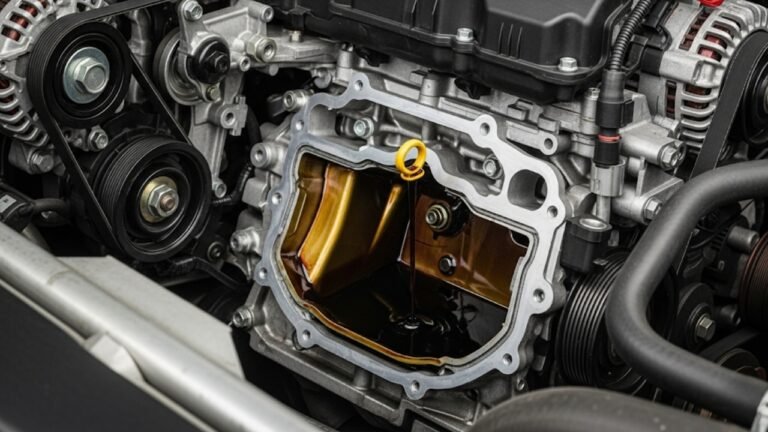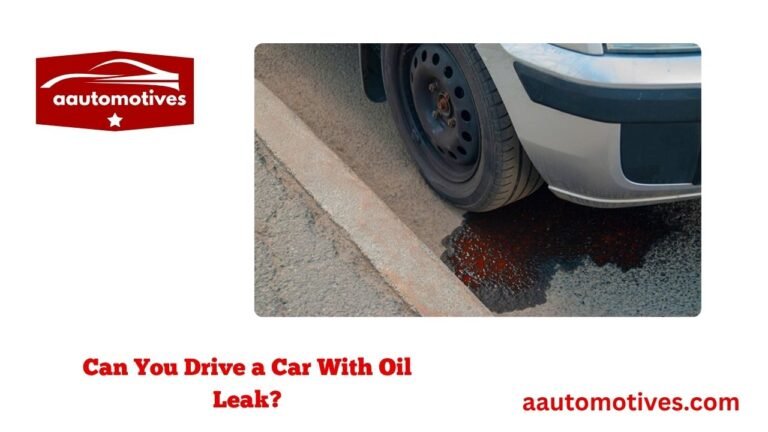Valvoline vs Mobil 1: My Honest Experience & Verdict
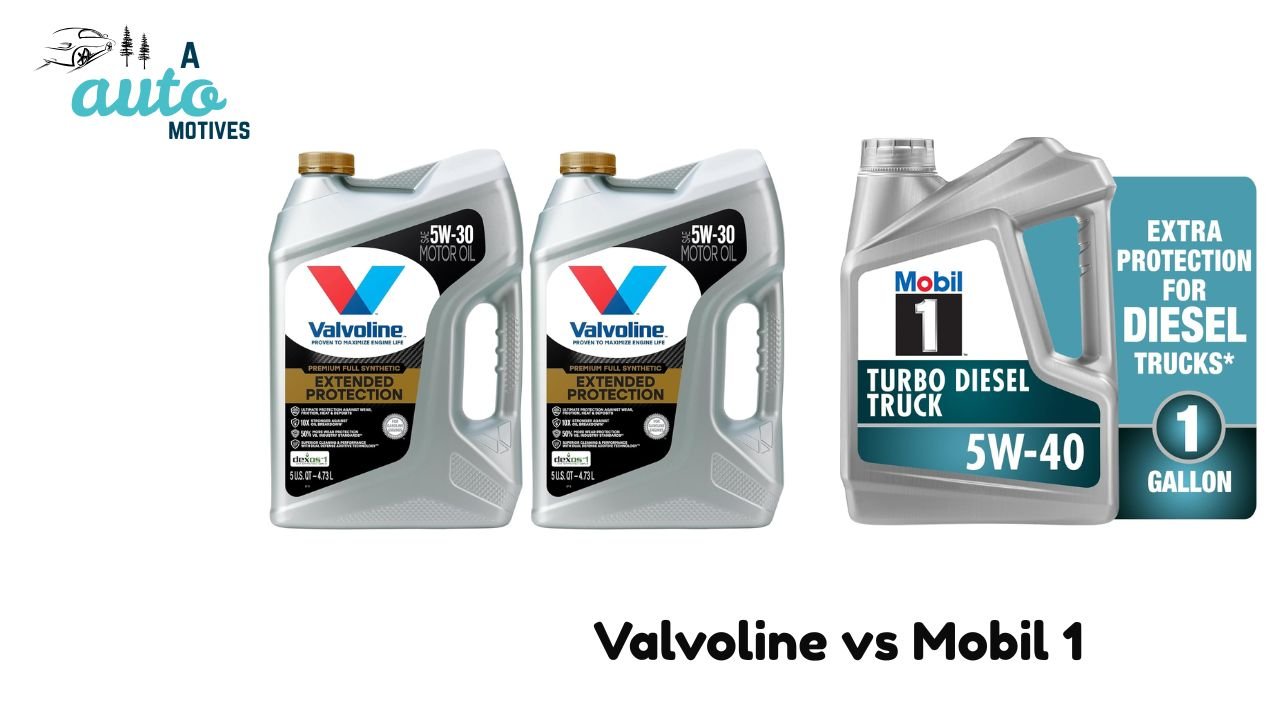
Choosing the right motor oil isn’t just about brand loyalty—it’s about how it performs in your car, in your climate, and in your daily routine. Living in the U.S., where summer heat can melt asphalt and winter mornings can freeze your bones, I’ve had my fair share of experiments with different oils. After testing both Valvoline and Mobil 1 over years of driving—from long, hot interstate trips to endless stop-and-go city traffic—I finally have a clear picture of how these two stack up.
If you’ve been torn between them, wondering which keeps your engine cleaner, lasts longer, or boosts fuel economy, this honest breakdown will help you decide.
Is Valvoline Good Oil?
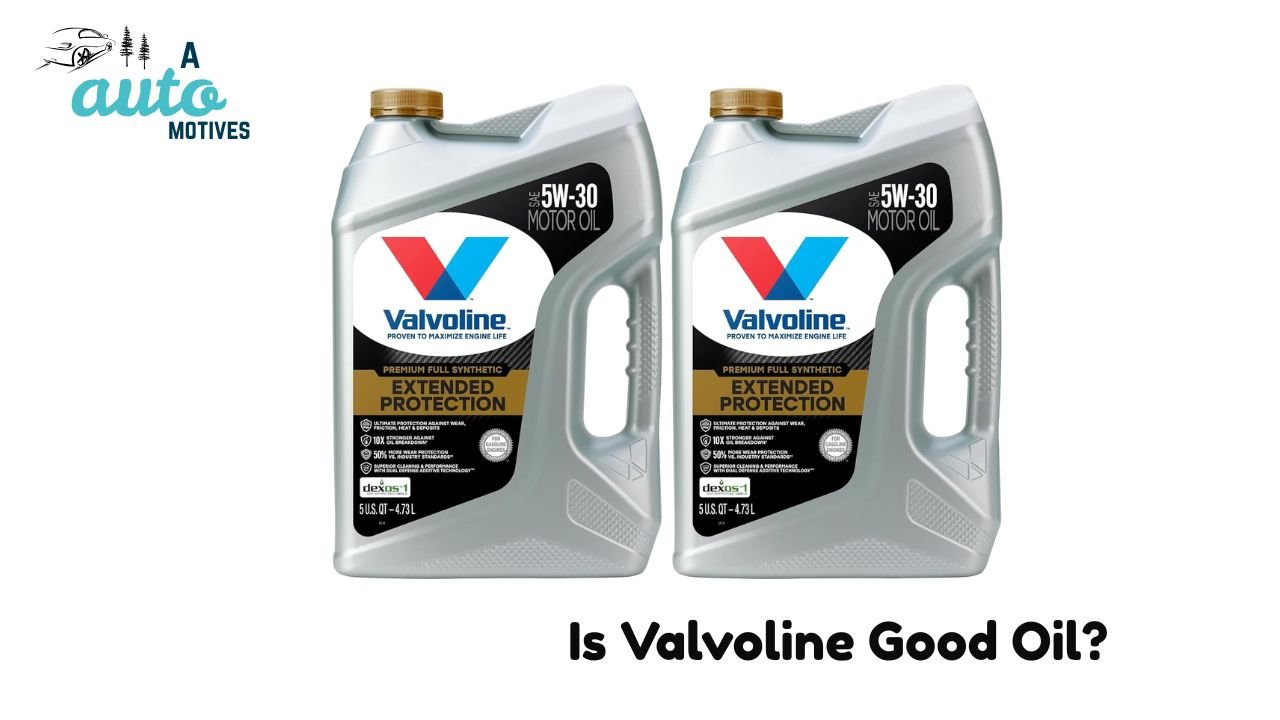
I’ve always respected Valvoline. It’s one of those brands that quietly does its job without fancy marketing fluff. My first serious test with it came when my 2011 Toyota Highlander Limited started making that annoying lifter tick—nothing major, but enough to get on my nerves. I switched to Valvoline Restore & Protect 0W-20, and within two oil changes, the ticking was gone.
The engine ran smoother, idled more quietly, and even felt livelier during acceleration. I noticed it especially in traffic on a 95°F summer day when engines are prone to feeling sluggish. The Active Clean Technology in Valvoline actually made a difference. It gradually removed old carbon buildup and deposits, and the engine seemed to breathe easier.
Valvoline isn’t just one product line—it’s a family of options. From full synthetic to high mileage and conventional oils, it covers pretty much every kind of driver. It also meets or exceeds industry standards like API SP, ILSAC GF-6, and Dexos1 Gen 2, so you’re not gambling with quality.
What I Like About Valvoline
1. Excellent Protection Against Wear
Valvoline has a strong anti-wear formula. Even after long drives, I noticed less oil consumption and cleaner drain oil compared to cheaper brands. It keeps metal parts well-lubricated and reduces friction inside the engine.
2. Strong Cleaning Power
I’ve used it in a few older cars, and the cleaning difference is real. Over time, Valvoline helps reduce sludge and carbon deposits, especially in engines with over 100,000 miles.
3. Wide Range of Formulas
Whether you’re running a turbo, a hybrid, or a classic V6, Valvoline has the right viscosity. I’ve used their High Mileage 5W-30 in a 2008 Accord, and it ran smoother after just one change.
4. Performs in All Climates
I’ve tested it in both cold winters and blazing hot summers. It flows easily in low temperatures and resists breakdown when things heat up.
5. Easy to Find & Fairly Priced
Walmart, AutoZone, Amazon—you can find Valvoline almost anywhere. It’s not the cheapest, but for what it offers, the value is solid.
What Could Be Better
No oil is perfect, and Valvoline has a few small drawbacks.
1. Slightly Shorter Drain Intervals
If you prefer long oil change intervals (like 10,000 miles or more), Valvoline may fall a bit short. I usually change it around 6,000–7,500 miles to stay safe.
2. Price Over Store Brands
It’s not the most expensive, but it costs more than some house brands that still do an acceptable job.
3. Not Ideal for Extreme Performance Cars
Valvoline works great for daily drivers and high-mileage cars, but for extreme track or turbo use, Mobil 1 tends to handle higher stress better.
Who Should Use Valvoline
If you’re a daily commuter, own a high-mileage car, or just want dependable oil that keeps your engine clean, Valvoline is a fantastic choice. It’s also ideal if you live in mixed climates, where temperatures swing from cold mornings to hot afternoons.
Valvoline is for people who:
-
Drive city or suburban routes daily
-
Own vehicles with 75K+ miles
-
Want a balance between price, quality, and reliability
-
Value consistent, predictable performance
If you’re driving a turbocharged or performance-oriented car, or you want extended drain intervals, you might consider something more premium—like Mobil 1.
Is Mobil 1 Good Oil?
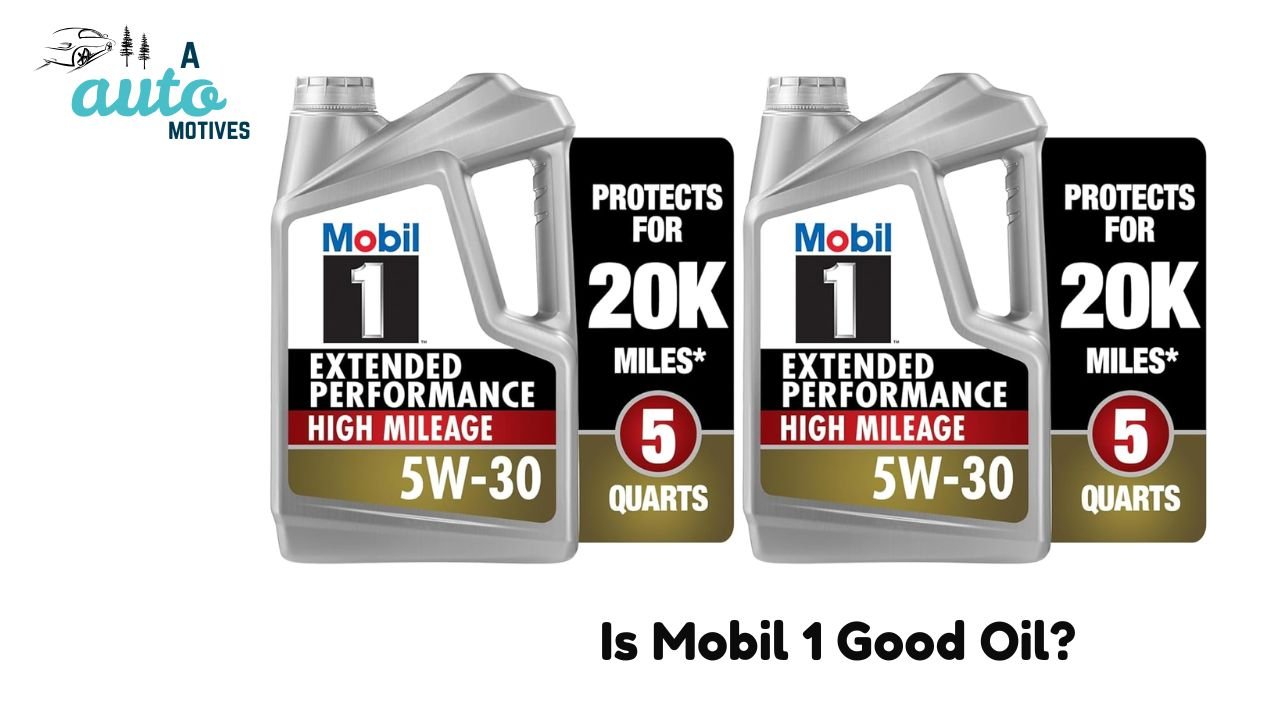
When it comes to synthetic motor oils, Mobil 1 is the name that often dominates the conversation. I’ve used Mobil 1 Advanced Full Synthetic 5W-30 in my 2014 Subaru Impreza, and the difference in smoothness was noticeable from day one. The engine felt quieter, and the revs climbed effortlessly. Even during long summer road trips, oil temperature remained stable and didn’t thin out.
Mobil 1’s strength lies in consistency and durability. It’s engineered for extreme temperatures—handling both -40°F cold starts and 500°F heat without breaking down. That’s why so many automakers, including Porsche, Mercedes-Benz, and Toyota, use it as factory fill.
If you want fewer oil changes, Mobil 1 also wins. Some of their extended performance lines are designed to go up to 20,000 miles under the right conditions, which is perfect for drivers who do long highway commutes.
What I Like About Mobil 1
1. Exceptional Engine Protection
Mobil 1’s anti-wear technology and detergents keep internal parts spotless. After 5,000 miles, my oil still looked clearer than most synthetics I’ve used.
2. Longer Oil Life
I tested Mobil 1 Extended Performance in my brother’s 2018 Silverado, and it went nearly 12,000 miles before the oil analysis showed any real degradation.
3. Great for Extreme Weather
Mobil 1’s flow in cold weather is unbeatable. During a Midwest winter, even after a night at 0°F, the car started without hesitation.
4. Works with Many Engine Types
From hybrids to turbocharged engines, Mobil 1 adapts well. It’s approved for many modern vehicles and even some older models.
5. Slight Fuel Economy Boost
While the MPG gain isn’t dramatic, it’s consistent. On average, I got around 1–2 MPG better mileage using Mobil 1 compared to Valvoline in my Subaru.
What Could Be Better
1. It’s Pricey
Mobil 1 costs noticeably more than Valvoline. For budget-conscious drivers, this can be a dealbreaker, especially if you’re changing oil often.
2. Overkill for Short Trips
If most of your drives are short and the engine rarely warms up fully, you won’t see the benefits of extended life oil.
3. Viscosity Options Can Be Confusing
Mobil 1 offers tons of variants—Advanced, Extended Performance, High Mileage, ESP, etc. Picking the right one for your specific vehicle can feel overwhelming.
Who Should Use Mobil 1
Mobil 1 is built for people who demand the best protection, especially under stress. If you live in areas with extreme climates—like Arizona’s 110°F heat or Minnesota’s deep freezes—this oil performs flawlessly. It’s also the go-to choice for:
-
Drivers with turbocharged or high-performance cars
-
People who want fewer oil changes per year
-
Long-distance commuters and road trippers
-
Owners of new vehicles still under warranty
If you drive short distances or own an older car with leaks, you might not fully benefit from Mobil 1’s extended performance—Valvoline’s high-mileage options could be a smarter pick.
My Personal Take After Years of Testing
After years of switching back and forth between Valvoline and Mobil 1, I’ve learned that both are excellent oils—but they serve slightly different purposes. Think of it this way:
-
Valvoline is like a dependable workhorse—steady, strong, and affordable.
-
Mobil 1 is the high-end athlete—polished, powerful, and engineered for precision.
When I drove my Highlander mostly in town, Valvoline’s performance was flawless. It kept things smooth and clean. But when I switched to Mobil 1 for longer highway trips and extreme temperatures, it showed its edge—better stability, longer life, and smoother cold starts.
If you’re on the fence, the choice really depends on your driving habits and priorities.

